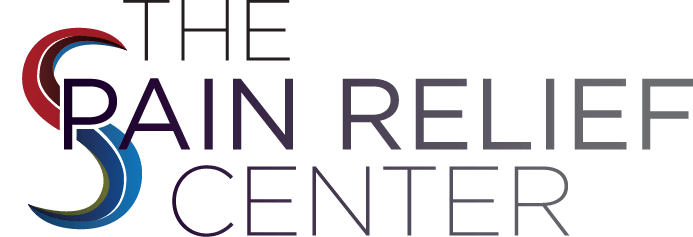OCCIPITAL NEURALGIA
THE MIGRAINE SPECIALIST IN PLANO, TX
Home » Conditions » Occipital Neuralgia
CENTERS & INSTITUTES
A headache with neck pain is often times far worse than having a headache by itself. Occipital neuralgia is a condition in which the nerves that run from the top of your spinal cord up through your scalp are inflamed or injured. Most feel the pain in the back of their head or at the base of their skull. Some patients with occipital neuralgia confuse the pain with that of a migraine or other types of headache, because the symptoms can be similar. However treatments for occipital neuralgia differ vastly. This makes it extremely important to get the correct diagnosis in order to alleviate the pain and fix the underlying problem.
What are the Symptoms of Occipital Neuralgia
Symptoms of occipital neuralgia may cause intense pain that feels like a sharp, jabbing, electric shock in the back of your head and/or neck. Other symptoms include aching, burning, and throbbing pain that typically starts at the base of the head and goes to the scalp. Pain can be on either one or both sides. Patients often complain of pain behind one or both eyes. Similarly to migraines, occipital neuralgia often makes patients sensitive to light, and also tender scalps.
How is Occipital Neuralgia Treated?
The best way to treat occipital neuralgia is to treat its symptoms, to alleviate pressure on the occipital nerves. Patients are generally encouraged to get plenty of rest, and to have frequent massages to keep their neck muscles from becoming too stiff. Occasionally, antidepressants can be utilized if the pain is excessive. Local nerve blocks and steroid injections directly to the back of the neck can also be utilized to minimize the individual’s pain.
Occipital Neuralgia: What is the Prognosis?
Occipital neuralgia is not fatal, but can be debilitating if not treated correctly. Many people who suffer from occipital neuralgia improve with therapies which involve heat, plenty of rest, the proper medications, and muscle relaxants. The nerve damage can be lessened or repaired in this way, and the pain will cease.
Occipital neuralgia is a distinct type of headache that is characterized by chronic piercing and throbbing pain in the upper neck, the back of the head, and behind the ears. Typically the pain centers on one side of these areas. These pains will begin in the neck, and spread upwards over time. Occasionally, individuals may suffer pain in the scalp, forehead, and behind the eyes. Individuals who suffer from occipital neuralgia may also be sensitive to light, or it may be painful to have their scalps touched.
Occipital neuralgia is thus named due to its relation to the greater and lesser occipital nerves. The occipital nerves travel from the top of the spinal column to the back of the head. The pain associated with occipital neuralgia results from damage to these nerves due to things like overly tight neck muscles, osteoarthritis in the spine, or tumors and lesions in the neck.
Anesthetic Nerve Block for Occipital Neuralgia
Keeping the head in a forward or downward position for an extended period of time is also associated with occipital neuralgia. Despite this, there are many cases of occipital neuralgia where no cause can be found for the individual’s pain. A diagnosis can be confirmed if the person suffering is given relief with an anesthetic nerve block.
More Conditions
- Achilles Tendinitis
- Allergies
- Arthritis
- Back Pain & Low Back Pain
- Bulging Disc
- Car Accident Injuries
- Carpal Tunnel Syndrome
- Cervicogenic Headache
- Chronic Pain
- Cluster Headache
- Degenerative Disc Disease
- Fibromyalgia
- Foot Pain
- Interstitial Cystitis
- Joint Pain
- Knee Pain
- Low Estrogen
- Neck Pain
- Occipital Neuralgia
- Osteoarthritis
- Osteoporosis
- Piriformis Syndrome
- Plantar Fasciitis
- Reflex Sympathetic Dystrophy (RSD)
- Rheumatoid Arthritis
- Rotator Cuff Tear
- Sacroiliitis Pain
- Sciatica
- Scoliosis
- Shingles
- Shoulder Pain
- Spinal Pain
- Spinal Stenosis
- Tension Headache
- Thoracic Pain
- TMJ
- Trigeminal Neuralgia
TAKE ACTION
The most critical step on the path to recovery is finding a pain management doctor who can address your pain management needs successfully. The Pain Relief Center and its five specialized institutes are dedicated to meeting any and all of a patient’s needs. Located in the Dallas-Fort Worth area, Dr. Rodriguez and his friendly staff will help you along the path to recovery.
Our new center in Dallas is part of a nationwide development by Pain Relief Centers, geared to providing individualized and comprehensive healing and pain management services with unprecedented levels of compassion, care, and comfort for each patient.

